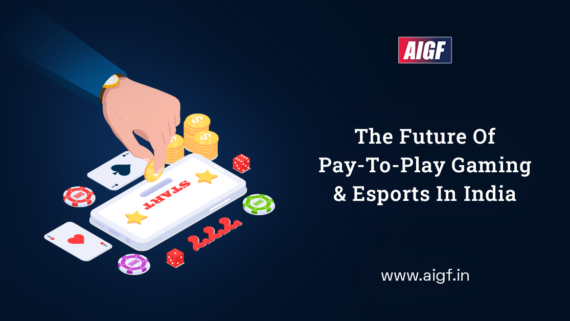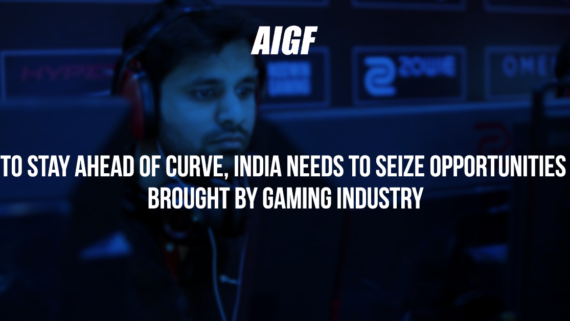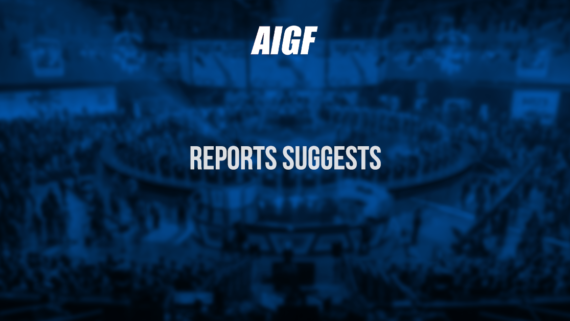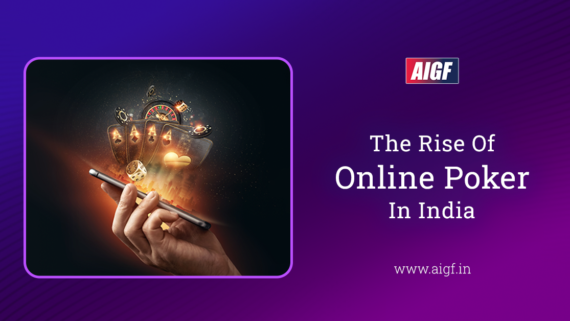Organization level estimates to the side, industry players have likewise united together to frame self-regulatory bodies that give a focal charter and assist with normalizing the consistency endeavors. For example, the All India Gaming Federation (AIGF) was established in 2015, to bring stakeholders “under a common platform and desire for changes” in the gaming business. The body has set down for its members an ‘Online Games of Skill Charter’ which gives general compliances needed from AIGF members.
Self-regulation: Online Skill Gaming’s Panacea For Regulatory Uncertainty
The Indian online gaming industry runs on an interesting slant; despite reverberating choices from the Supreme Court of India and different High Courts on the legitimacy of online skill gaming for prize money, states including Telangana, Tamil Nadu, and others as of late, Karnataka, have rushed to boycott online money gaming in episodes of settlement governmental issues. It will be putting it mildly to say that India’s gaming law has neglected to stay up with technological developments like digitization of payments that have been made conceivable as a result of the “digital India” drives. The Public Gambling Act, which is the main focal regulation, traces back to 1867! Further, in a nation of somewhere around 400 million online gamers, it is astonishing that generally expected terms, for example, ‘online skill gaming’ and ‘esports’ stay unclear. It is then reasonable to expect that the current law can’t give an extensive administrative model to online gaming. Notwithstanding such self-assertive boycotts, online gaming organizations in India proceed to prosper and earn investor interest. While it makes for an intriguing contextual investigation, the short clarification for the business’ proceeding with progress lies in two words: self-regulation.
Taking it on themselves
Without government confirmation/standard, esports and online skill gaming organizations are allowed to set their principles when releasing another game. Many driving organizations give just ‘games of skill’ on their platform. For instance, on its site, MPL states that every one of its games rewards skills, for example, “information on the game, knowledge of rules, insight, reflexes, practice, dexterity and so forth” Such an arrangement is lined up with the generally-accepted attributes of physical/offline skill games, and is probably going to endure any administrative examination. Online gaming platforms have likewise sent a tech to alleviate worries of cheating, wagering, and collusion. AI and machine learning-backed models have turned into the standard for misrepresentation identification and throttling collusion activities. A few organizations have gone above and beyond to force obligatory breaks for clients who surpass time spent or money added limits on their platform to guarantee client prosperity. The irregular boycotts in specific states have likewise required the sending of geofencing innovation, which keeps clients from these states from playing games for prize money on gaming apps. KYC measures have likewise been taken on by gaming organizations, although the equivalent is not material to such shut wallet stages.
Self-regulatory bodies paving the way
Organization level estimates to the side, industry players have likewise united together to frame self-regulatory bodies that give a focal charter and assist with normalizing the consistency endeavors. For example, the All India Gaming Federation (AIGF) was established in 2015, to bring stakeholders “under a common platform and desire for changes” in the gaming business. The body has set down for its members an ‘Online Games of Skill Charter’ which gives general compliances needed from AIGF members. These connect with viewpoints including transparency, disclosures, monetary consistency, and best practices, and advertising alongside compliances connected with game category, for example, Indian fantasy sports games, and online rummy games.
Need for government to step up
While the industry’s endeavors deserve appreciation, a supported interest in directing the industry is missing from the public authority’s end. States can don’t be a spectator to online skill gaming and esports, particularly since the classification is being perceived around the world, including as a medal event at the 2022 Asian Games in Hangzhou. It will be intriguing to check whether India’s medal possibilities are upheld with a great government strategy.
Credit: The Pioneer











Comments
Comments are closed.